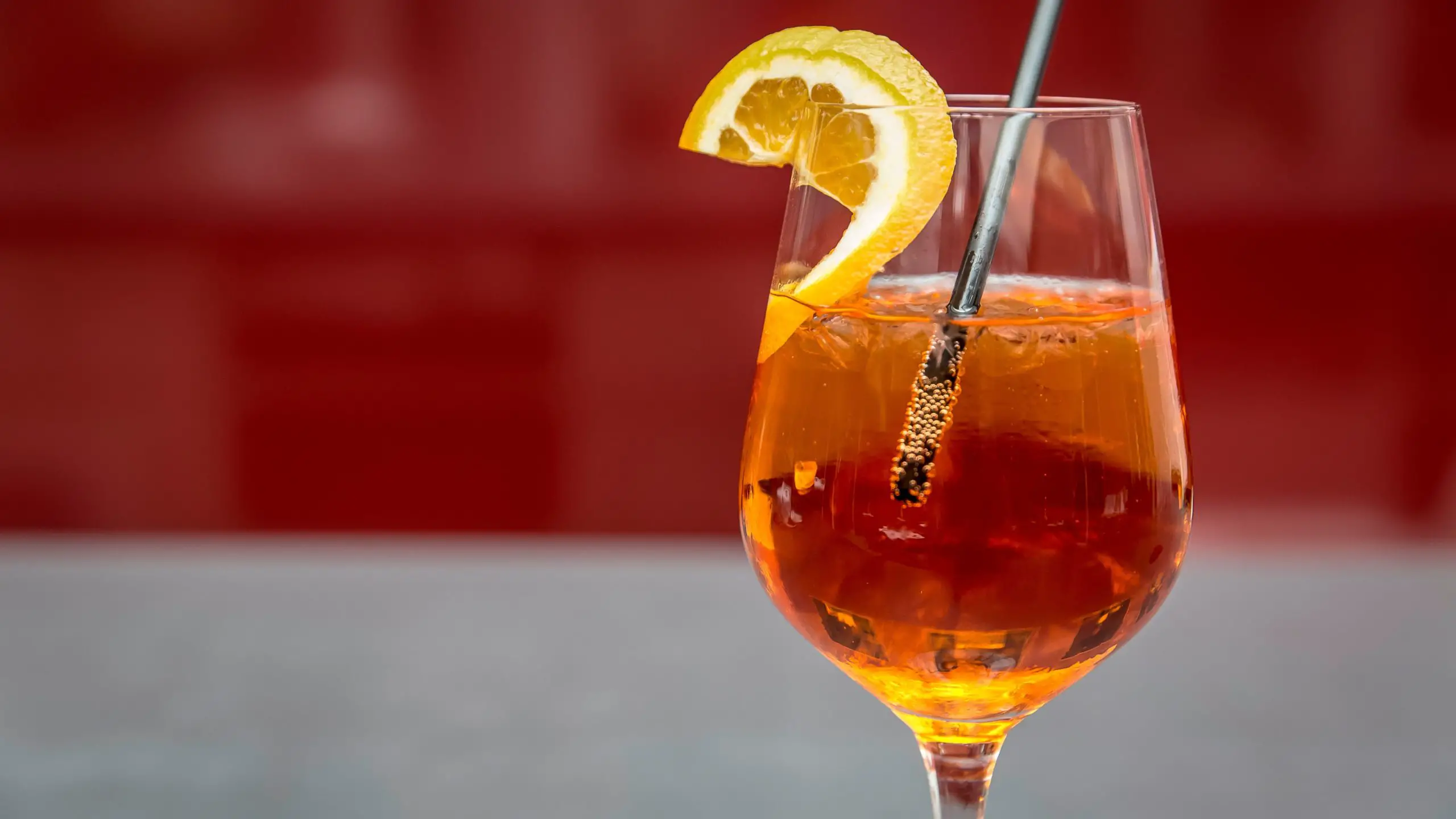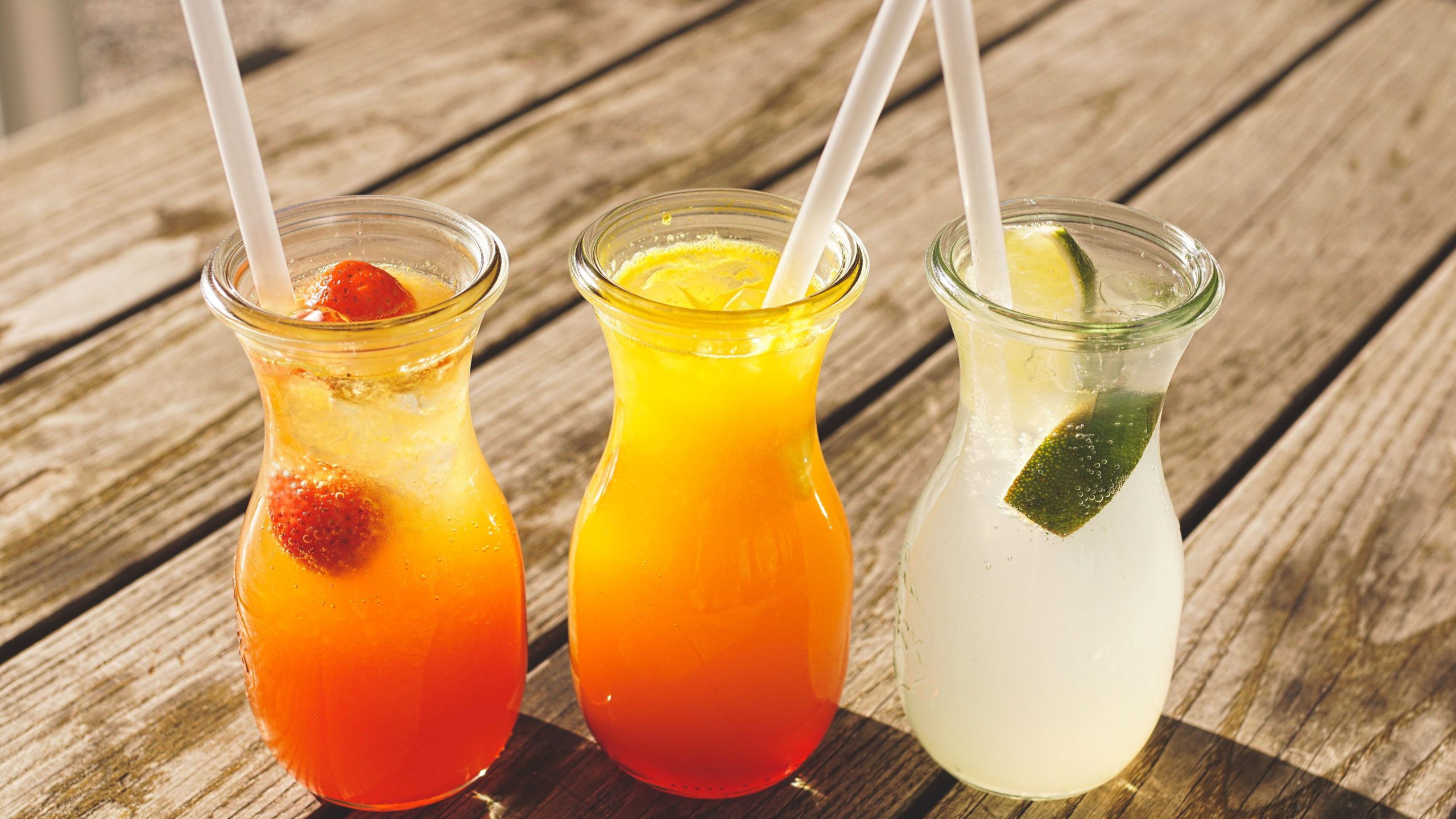How many of these drinking idioms and phrases have you heard? Are you sure how to use them? If not, you might be confused when trying to work out if you should drink in, up, to or under something! Don’t worry, it will all make sense soon.
In English we have plenty of drink idioms to choose between. So take a look at the list below where we have given definitions and examples of some of the most common expressions involving drinks.
English idioms are very popular and used every day so it’s important to understand what they are and when to use them.

Drink idioms
A round of drinks
Next time you’re out at a bar with a group of friends perhaps you’ll hear the term a round of drinks. This refers to the drinks that everyone is consuming at the same time. Normally, when you drink with friends, you drink at the same speed. Once the first drinks are finished you will all order a second drink at the same time. This is a ’round’ of drinks.
“I’ll buy a round of drinks for everyone.”
You’ll often hear this shorted to just a round.
The term is frequently said in connection to somebody buying the next drink for everyone one else. They buy ‘a round’ and hope someone else will buy the next round until everyone has bought at least one round each.
“I’ll get the next round in.”
“Jim, surely the next round is yours!”
The drinks are on me
You don’t have to get wet to use this drink idiom! To say the drinks are on me just means that you are paying for the drinks (and it implies you’ll be paying for ALL the drinks during that event or occasion).
This expression links very well to the one above, as you may combine the two and say ‘this round is on me’.
It’s important to understand the difference between using these phrases separately and combining them – otherwise you may end up paying for more than you intended.
“Guys, listen. It’s my birthday so the drinks are on me.” – implies all the drinks during the event
“Ok, I think it’s my turn, so this round (of drinks) is on me.” – implies only the next one drink for each person
“Dad, the drinks are on you tonight, right?” – you’re asking your father to pay for all of the drinks
Some more idioms about money and spending might help you make yourself clear in this kind of situation.
The drinks are on the house
Another of the drink idioms you really want to hear is that the drinks are on the house. In this case the “house” means the business or establishment you’re drinking in. So they are saying that these drinks are free (no payment required).
“It’s our opening night so the drinks are on the house.”
Raise a glass
This is an expression often used when saying a toast (a short speech or sentiment in honor of someone or something). This is because people usually signify a toast by lifting their glass in the air and then taking a drink from it.
“Let’s all raise a glass to Barry, gone but never forgotten.”
“I’d like to end by asking us all to raise a glass in honor of Ms Li’s dedication to this company for the past 20 years.”
See also: What’s the difference between raise and rise?
Drink to
This is another phrase that you might hear in a toast. It’s an honor to hear this said about yourself, another person or a situation. The person making the toast might ask everyone to drink to someone or something.
“Well, it is his 50th birthday so let’s drink to Barry.”
Everyone would usually respond by saying “To Barry” before taking a drink.
Drink in
Not all drink idioms are to do with the action of drinking. To drink in something means to take a moment and allow your senses to really absorb it. Don’t rush, and allow yourself the pleasure of the moment.
“It’s going to take 2 hours to climb to the top of the mountain so I’ll be sure to drink in the view when we get there.”
Drink up
When it’s time to go home, you’d better finish your drink fast. This is what is meant by drink up.
“Wow! Is that the time? I’d better drink up and leave.”
Drink like a fish
Perhaps fish don’t really drink, but they do spend all their life in water. To say someone drinks like a fish is to say they drink a lot. This is normally in relation to alcoholic drinks.
“Did you see Wendy last night? She drank a whole bottle of wine. She really drinks like a fish sometimes.”
Animals are always a popular topic for idioms, and there are a lot more fish-related expressions used in English too.
Drink (someone) under the table
A drinking idiom that you may hear at an alcohol-fuelled gathering is the statement or challenge to drink someone under the table. This means you feel you can drink more alcohol than them, and that at some point you will still be standing (or sitting) but the other person will have fallen down or be ‘under the table’ as they are too drunk to stand!
“It was so funny to watch Mary drink Sam under the table. I don’t think Sam will be feeling well later!”
I need a drink
Of course, this could mean you are simply thirsty. But when it comes to drink idioms, if you hear I need a drink, it probably means the person has had a bad day or is feeling stressed and only an alcoholic drink will help them relax.
“Today was a nightmare at work! I really need a drink!”
There may be better ways to unwind at the end of a hard day – maybe these relaxing idioms will help!

More popular drink idioms
You can lead a horse to water but you can’t make it drink
Although a very old drinking idiom, this is still widely used today. The saying implies that you can offer help or advice to someone but it is always up to them to take the final decision.
To break it down; you can lead a horse to water but you can’t make it drink means you found water, took the horse to the water, but you can’t make the horse drink if it doesn’t want to.
“Honestly, I did everything for her. I bought her the paper, envelopes and even stamps and she still hasn’t written the letter. Well I guess it’s like you say; you can lead a horse to water but you can’t make it drink.”
This also features on our list of water idioms.
A stiff drink
Some drinking idioms only relate to alcohol, and in this case a stiff drink means a strong alcoholic drink. Lots of alcohol, less mixer (like orange juice), or perhaps just neat (undiluted) spirits.
“I don’t want a cocktail tonight; I need a stiff drink.”
One for the road
This is another expression generally used to refer to alcoholic drinks. One for the road is one more drink before you depart, so it’s also a good example of a driving and road idiom.
“I know you said you’re leaving soon, so here’s one for the road.”
Of course, drinking and driving are not a good combination, so think carefully about accepting this offer unless you are a passenger!
When life gives you lemons, make lemonade
When life gives you lemons, make lemonade is a nice optimistic idiom that reminds you to make the most of what is handed to you in life.
“When my father passed away I decided to take over his business and it’s absolutely thriving. When life gives you lemons, make lemonade!”
Hold your drink
If you can drink a lot and not appear to be drunk, people will say you can hold your drink. This is a very similar drinking expression to ‘handle your drink’, which is mentioned below.
“Ben can really hold his drink. No matter how much he has, he’s always fine.”
This idiom is usually said with a sense of admiration.
Handle your drink
Do you get drunk quickly? Or can you drink alcohol and not feel the effects?
If drinking too much doesn’t make you act foolishly during the evening or feel ill in the morning, you can handle your drink. Conversely, if you feel drunk or ill after just a little alcohol, we might say you can’t handle your drink.
“Wow! That’s your fifth vodka and you’re still standing. You can really handle your drink.”
“Keep an eye on Isabella, she really can’t handle her drink.”
In hot water
There are some drinks idioms that you hope never to hear, and this may be one of them. To be in hot water is to be in trouble.
“I can’t believe you scratched the car! You’re going to be in hot water when your parents get home!”
Take a look at some more hot idioms here.
The pot calling the kettle black
This is a really confusing expression, but it simply refers to someone being a hypocrite. One person accuses another of something, when actually the accuser is just as guilty of the same issue.
“They are just as bad as each other. It’s like the pot calling the kettle black.”
For a bit more of a back story on this saying (the pot calling the kettle black): in the past, people cooked with copper kettles and iron pots on an open flame. The kettles were polished after every use but the pots weren’t. This meant that over time there was a build up of soot causing the pots to look black.
If the pot and kettle could talk, the black pot may look at the shiny kettle and think the kettle was black, when in fact it was only the reflection of the pot that was making the kettle look black.
It’s interesting to see how many other cooking idioms there are in English that take inspiration from items used in the kitchen.
Has that list left you reaching for a drink, or have we quenched your thirst for English drinking idioms? Feel free to ask any questions in the comments below. And if you enjoyed this article, check out some tea idioms and coffee idioms too!


